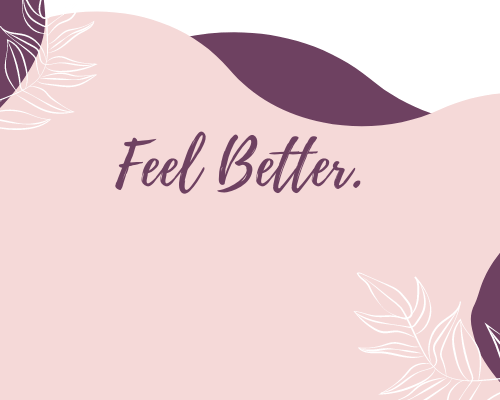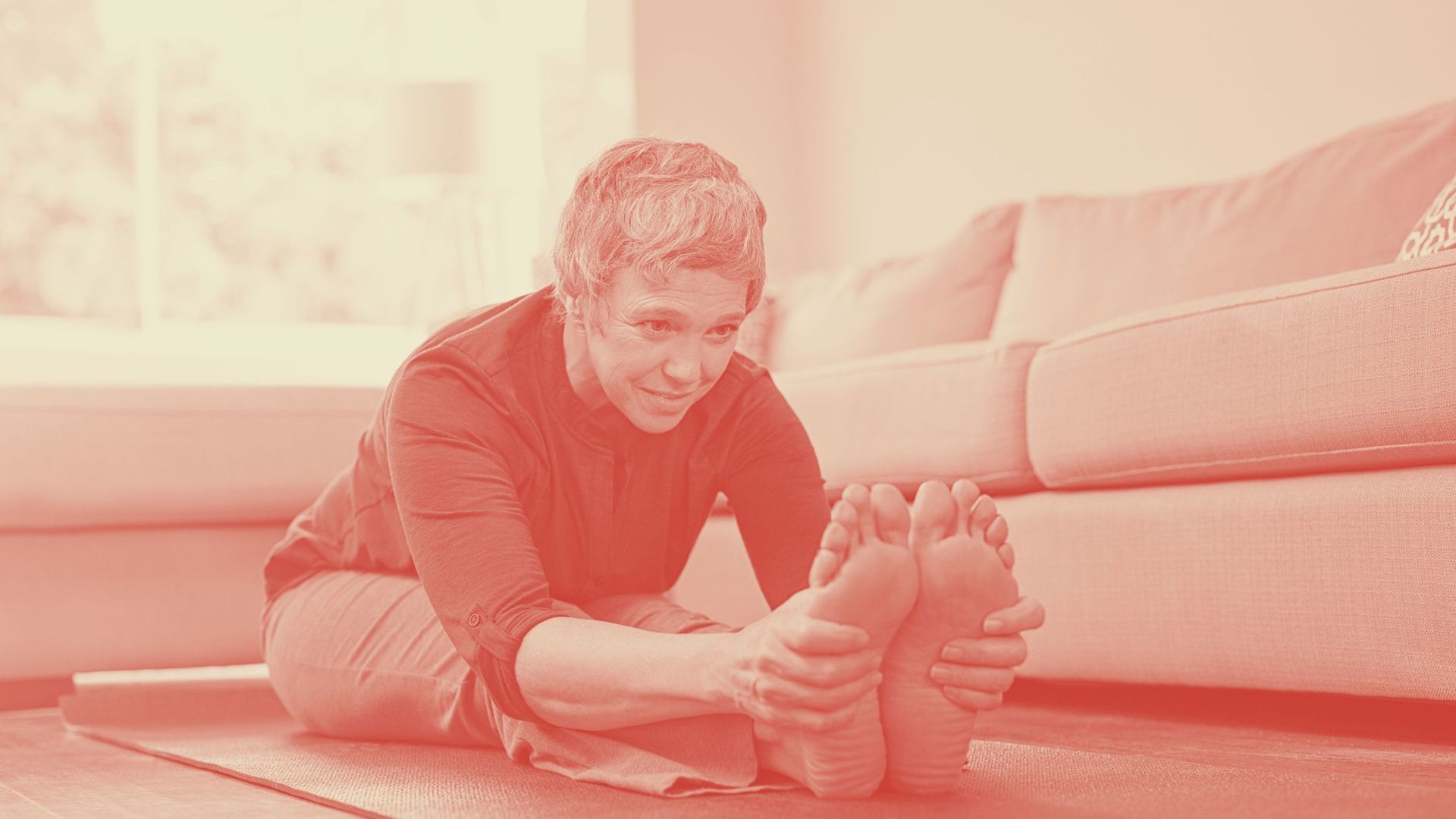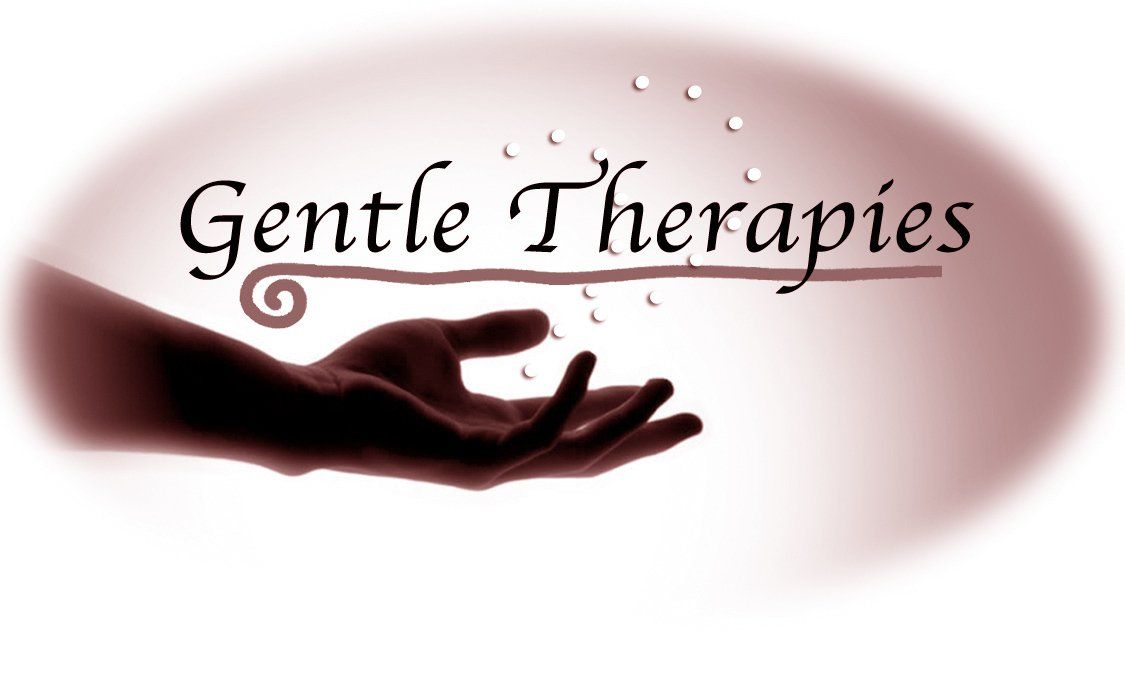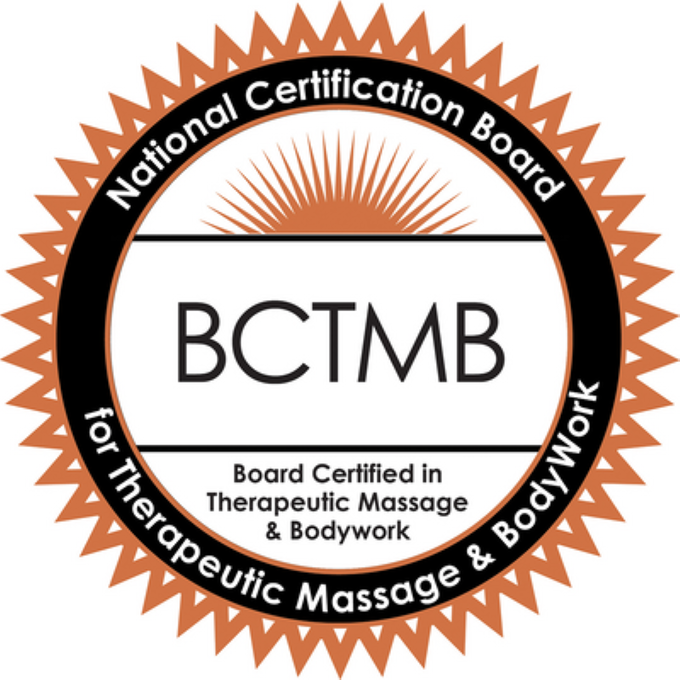Why Choose Massage for TMJ Pain
The Benefits of Massage for TMJ Pain
Share
If you have temporomandibular joint disorder (TMJ), you may be able to reduce the severity of the symptoms by getting a massage or doing some self-massage techniques.
TMJ affects the temporomandibular joint, which connects your jaw to the side of your skull, and causes pain and stiffness in the jaw, face, and neck.
TMJ patients may find relief from pain and discomfort by massaging the muscles surrounding the temporomandibular joint.
Let's dive in to the benefits of massage for TMJ pain.
ALSO READ:
3 Effective Ways to Relieve Stress →
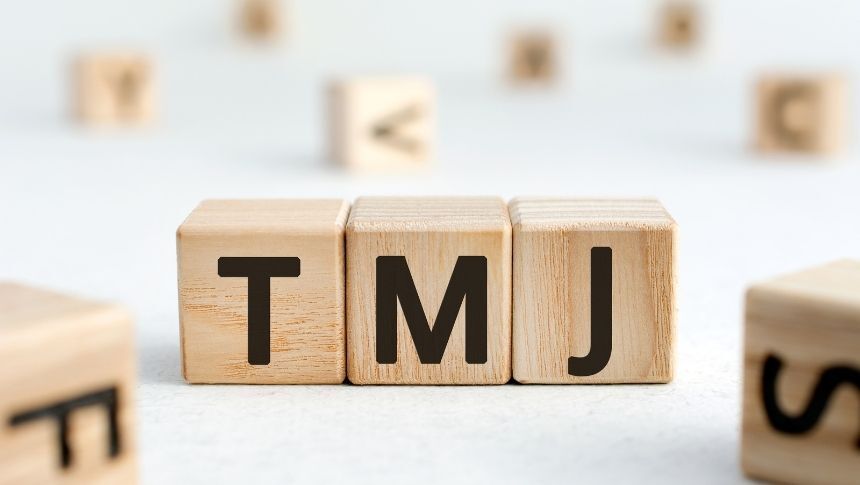
TMJ and Massage: What the Science Says
Only a few research have looked into the effectiveness of massage in the treatment of TMJ. However, the available research has shown some encouraging results.
Researchers surveyed 192 TMJ patients regarding their usage of complementary and alternative medicine in the treatment of TMJ in a 2003 publication.
Massage was voted the most popular therapy out of all those mentioned (as well as one of the most helpful). Massage was identified as one of the most effective self-care measures for both reducing and regulating pain in a 2007 study of 126 TMJ sufferers.
Massage's effects on TMJ discomfort have been studied in a few more modest studies.
In a 2009 study of 15 patients, massage of the lateral pterygoid muscle (a muscle involved in opening the jaw) was found to help relieve pain, minimize joint clicking, and promote mouth opening.
Considering Massage Therapy for TMJ Pain
While massage therapy may be beneficial to those with TMJ, it shouldn't be suggested as the only treatment for this issue.
Alternative therapies like acupuncture and biofeedback show potential as natural TMJ treatments, as do strategies like applying hot and cold packs to the afflicted area.
In the therapy of TMJ, it's critical to address frequent triggers such as teeth grinding, stress, and behavioral variables (such as excessive gum chewing).
Consult your doctor if you're having TMJ symptoms such as jaw stiffness, pain, soreness, clicking, or popping.
Your physician can check for any underlying health conditions (such as arthritis) that may be contributing to your TMJ pain in addition to providing TMJ therapies to pair with massage and/or self-massage.
If you live in the Watertown, WI area and would like to schedule an appointment, please connect with us at
Gentle Therapies today.

